Support & Treatment National Institute on Alcohol Abuse and Alcoholism NIAAA
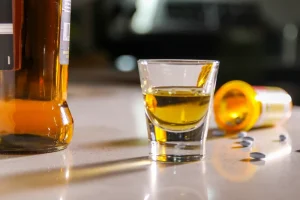
However, as time goes on, side effects will become more noticeable. If you suspect that someone you know is suffering from an support for those who struggling with alcohol addiction alcohol use disorder, it’s essential that you help them seek treatment. After a screening, some people may need a brief intervention, usually done by a health professional. During a brief intervention, people receive feedback on their substance use based on the screening results.
- Substance use disorders affect biological functioning, dominating the brain’s reward system, affecting emotional regulation, motivation, impulse control, and pleasure-seeking behaviors.
- Now that we’ve talked a little about the types of coping strategies that might benefit individuals in addiction recovery, let’s talk about the details of these different empowering coping skills.
- Take our free, 5-minute substance abuse self-assessment below if you think you or someone you love might be struggling with substance abuse.
- While it might seem like anything is better than turning to your substance of choice, many unhealthy coping skills do more harm than good.
Seeking Professional Help
It can be easy for your own mental health to take a backseat when you love and support someone with substance use disorder. It’s not always easy to know if your friend is struggling with alcohol addiction, as the symptoms can look different for different people. Some people may drink all day, while others may only binge in the evening alone.
How can you help a loved one get the help they need
- Staging an intervention tends to be a last-ditch effort to make someone realize they need treatment.
- Getting angry or making emotional appeals will likely only add to the user’s feelings of guilt and reinforce their compulsion to use.
- Cognitive–behavioral therapy can take place one-on-one with a therapist or in small groups.
- The more your loved one feels heard, the more they’ll see you as supportive, someone they can confide in.
- We also ensure there is an aftercare and follow-up plan for treatment in place before you leave our facility.
Screening can be done by many types of professionals, including a physician in a hospital or an office, a nurse, a clinical social worker, or a licensed substance abuse counselor. Friends and family members may feel that they constantly express concerns about a loved one’s substance use but never see any changes. You may have reached this point after weeks or months of giving lectures, making threats, ignoring behaviors, accepting promises of change, giving second chances, or imposing consequences. Al-Aanon, a Twelve-Step organization, is also a positive way to provide help family members struggling with an alcohol problem.
Why is it essential to seek professional help for addiction?
There are many reasons why you may feel it’s necessary to detach from someone with substance use disorder. Identifying your reasons can help you to move through the process in a thoughtful way. It can be easy to get so caught up in helping them that you discount your own pain in the process. Witnessing your loved one using substances can be very upsetting and stressful.
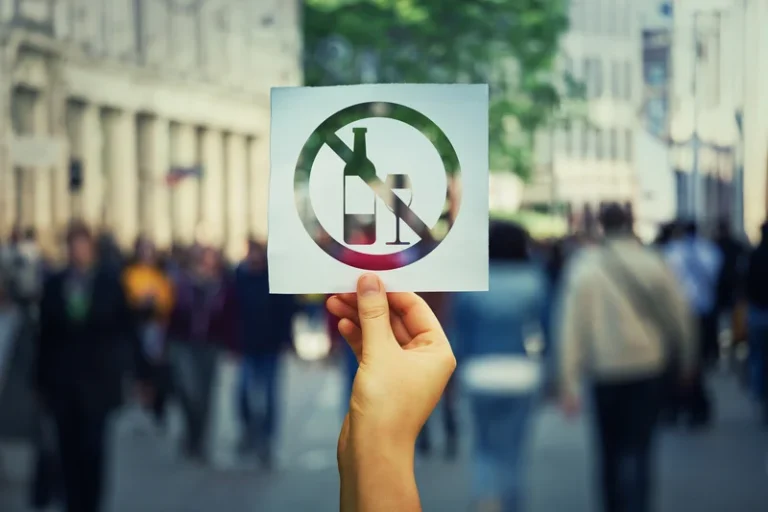
Find substance abuse treatment resources
Recovery from alcoholism or a drinking problem can be a bumpy road. About half the people who complete alcohol abuse https://ecosoberhouse.com/ treatment for the first time stay alcohol-free, while the other half relapse and return to drinking at some point. It’s common for people to require treatment more than once to finally achieve sobriety. That means you’ll need plenty of patience when supporting your loved one’s recovery. Behavioral treatments include individual, group, and family therapy sessions.
Funding will support evidence-based, holistic practices that address the overdose crisis. Relaxing can look different depending on what activities you enjoy. Anything that calms you will work, including enjoying nature, laughing, listening to your favorite music, taking a bath, reading a book, coloring, or having a cup of green or herbal tea. Writing or journaling is an excellent way to unpack your emotions and start understanding them. Plus, it gives you the chance to handle those strong, negative emotions so that you can be more solution-oriented.
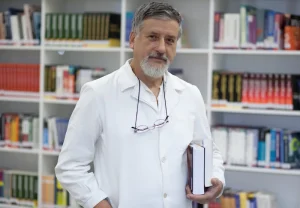
RACGP – Working with men who use intimate partner abuse and violence
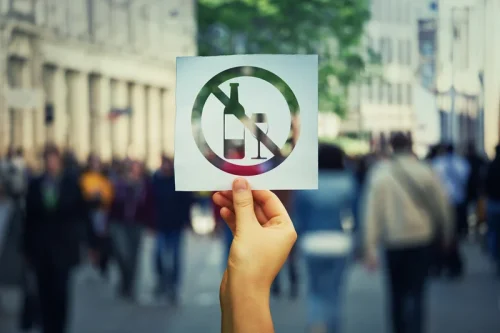
“Put your own oxygen mask on first before helping others.” You won’t be able to help your partner if you can’t help yourself. Try to maintain your own self-care routines as much as possible. If you think it’s important to have someone involved but worry that it may create an issue during the intervention, consider having that person write a short letter. Mental health and wellness tips, our latest guides, resources, and more. SMART Recovery – Self-Management and Recovery Training (SMART) is a program that aims to achieve abstinence through self-directed change. Women for Sobriety – Organization dedicated to helping women overcome addictions.
How can I find the right treatment program for someone with a substance use disorder?
Talk to friends, people and family members in recovery who have the lived experience of what you’re going through, and seek the help of addiction specialists. Supporting someone you love, who’s being treated for unhealthy alcohol use, is a lifelong process because recovery is a lifelong process. Addiction can lead to a range of health and addiction issues, including physical, mental, and emotional problems.
- If you suspect that someone you know is suffering from an alcohol use disorder, it’s essential that you help them seek treatment.
- Even people with the best intentions may unintentionally play a role in enabling or supporting alcohol use disorder, which is why recognizing codependency is essential.
- Brief Interventions are short, one-on-one or small-group counseling sessions that are time limited.
- Sometimes alcohol as coping mechanism or social habit may look like alcoholism, but it’s not the same.
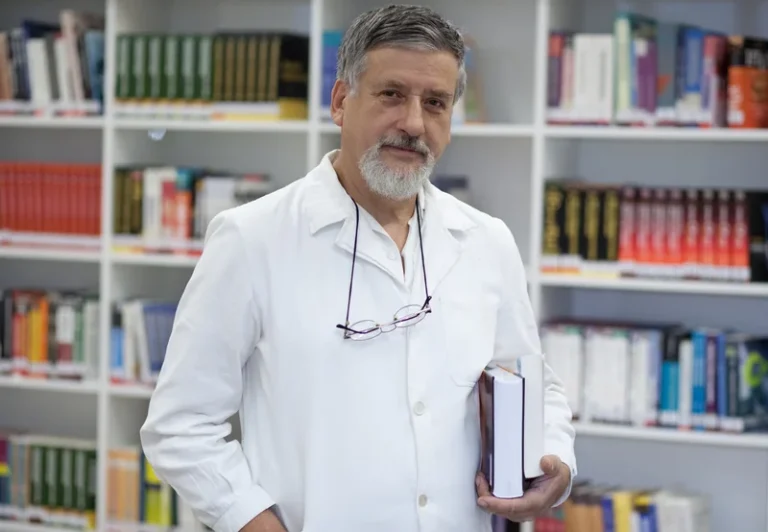
Family members may not have the tools on their own to assist someone in active recovery, and they may not have the energy to help themselves. In other words, if you don’t take care of yourself, you may not be able to take care of those around you, either. It may be all too easy to push your own needs and well-being onto the back burner, perhaps because they feel less dramatic or pressing in comparison. Substance use disorders can be all-consuming, both for the person experiencing it and for those around them.
It is intended as a resource to understand what treatment choices are available and what to consider when selecting among them. For more information, please visit the NIAAA Alcohol Treatment Navigator®, an online tool that helps individuals find the right treatment for them—and near them. The Navigator offers a step-by-step process to finding a highly qualified professional treatment provider. When supporting a partner or family member who is in active addiction to alcohol or other drugs, it’s critically important that you also take care of your well-being.
